Iraq signs deal with Lebanon to give Beirut 1mn tons fuel oil in exchange for medical services
Iraq has reached a deal with cash-strapped Lebanon to provide it with one million tons of fuel oil in exchange for receiving medical services, helping the small Mediterranean country ease its acute power shortage.
On Saturday, Lebanese caretaker Energy Minister Raymond Ghajar and Iraq's Finance Minister Ali Allawi in capital Baghdad signed a deal, according which Iraq will give one million tons of heavy oil to Lebanon in exchange for “goods and services”, said a statement by Iraqi authorities.
Ghajar said the deal would allow “the purchase of one million tons of Iraqi state fuel oil on behalf of Electricite du Liban (EDL)”, which is Lebanon's main electricity producer, over the course of a year.
He added that the deal would cover a third of EDL's fuel needs, however, he expressed hope that EDL could provide “up to nine or 10 hours of electricity (daily) over four months.”
In exchange, Lebanon would provide “services and assistance to Iraq in the hospitals sector”, Ghajar further said.
According to the Lebanese minister, the fuel would be used for electricity generation and would be enough for four months. He also noted that it was worth about $300 million to $400 million.
However, Ghajar said that Lebanon's power stations cannot directly use the Iraqi oil, so Beirut has to purchase compatible fuel from other providers which will receive the Iraqi oil in exchange.
Separately, Iraq's Oil Ministry said in a statement that it would supply Lebanon with surplus heavy fuel oil from its refineries.
Lebanon plunged into a political vacuum in August 2020, when the previous administration, led by then Prime Minister Hassan Diab, resigned following a devastating explosion at the port in Beirut that destroyed swathes of the capital and left more than 200 people dead.
The World Bank has already called Lebanon’s crisis one of the worst depressions of modern history, ranking it among the world’s three worst since the mid-1800s in terms of its effect on living standards.
The country’s currency has lost more than 90 percent of its value since fall 2019 and more than half of the population has been rendered jobless as businesses have shut down.
Half of the population is now living below the poverty line as prices are skyrocketing and the COVID-19 pandemic rages in the country.
Amid the dire financial and economic crisis, the country is struggling to buy fuel for its power plants, increasing power outages to up to 22 hours a day in some areas.
Lebanon’s health services, which are already struggling with shortages of medicine and an exodus of staff abroad, also have to struggle with almost round-the-clock power cuts.
Both Iraq and Lebanon are suffering from major energy crises, with electricity shortages impacting hospitals.
Although Iraq is the second-largest producer in the OPEC oil cartel, decades-long conflict, compounded with poor maintenance and alleged corruption, has battered its energy sector. Much of the health infrastructure of the Arab country is also dilapidated.
Six top Trump administration officials appear in Epstein files
VIDEO | Press TV's news headlines
Gaza Nasser Hospital slams MSF’s ‘unsubstantiated’ claims as medical work suspended
Jordan condemns Israeli incursions at Al-Aqsa Mosque as 'flagrant violation'
Ex-Ukrainian energy minister arrested amid corruption probe while trying to flee
VIDEO | Israel using militias to deepen chaos in Gaza
Putin’s aide praises Iran’s ‘competitive’ technological achievements
VIDEO | Brussels exhibition exposes Western-backed genocide in Gaza


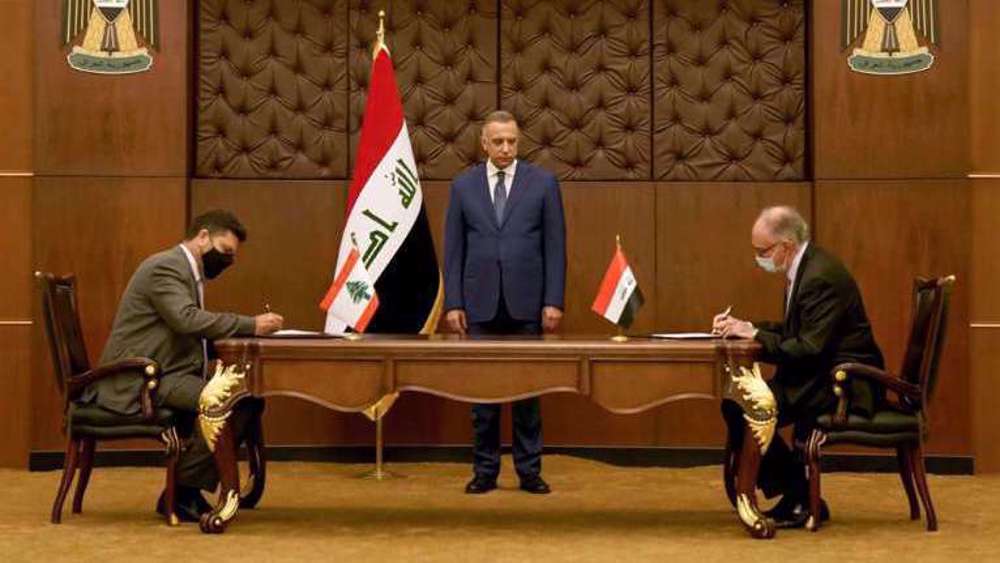
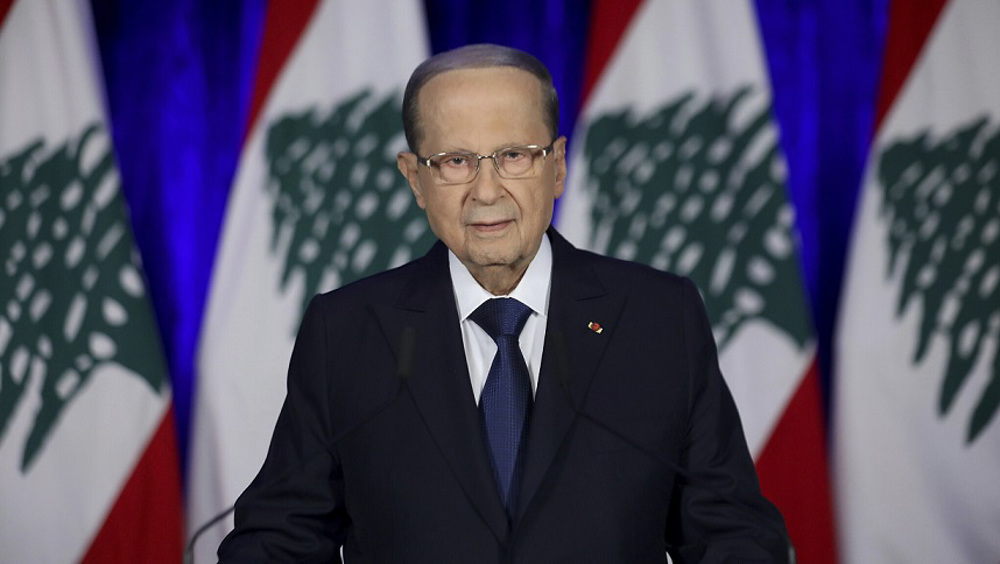
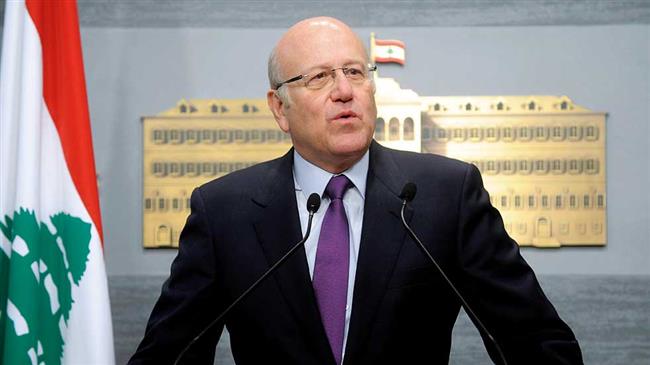
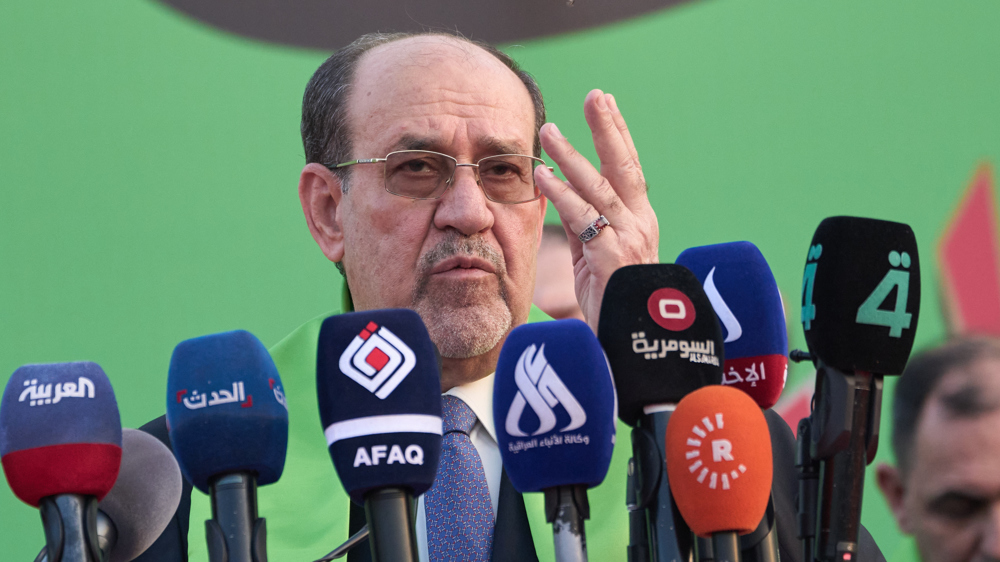
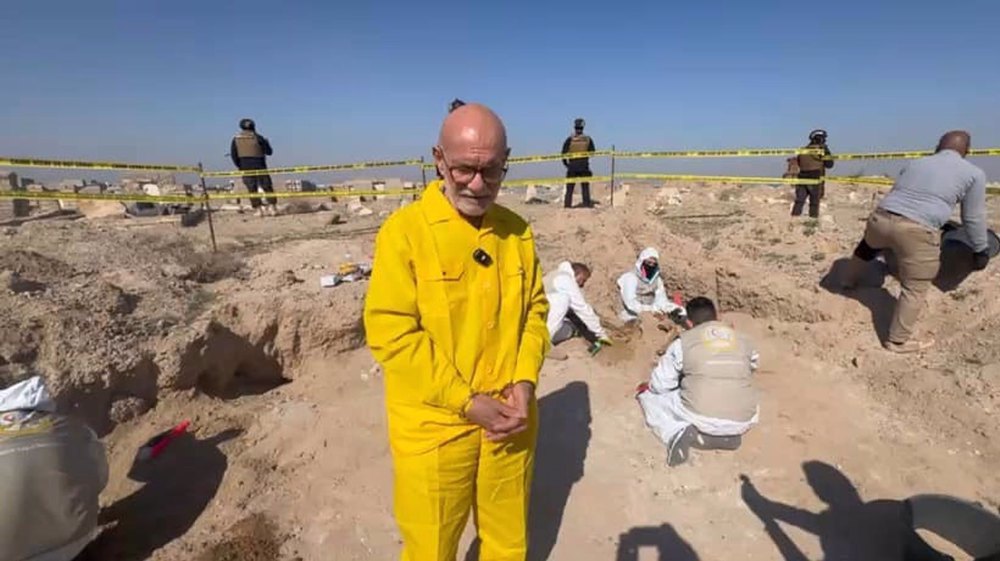





 This makes it easy to access the Press TV website
This makes it easy to access the Press TV website